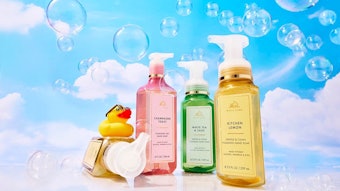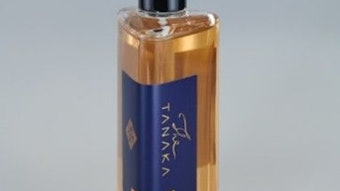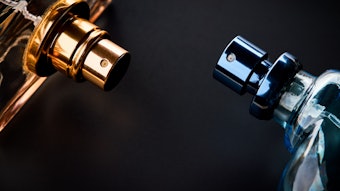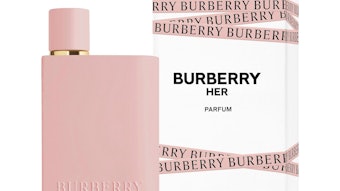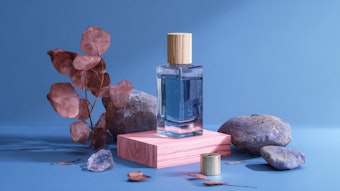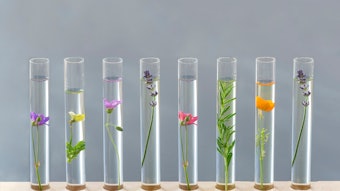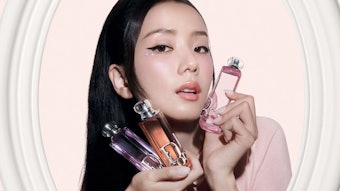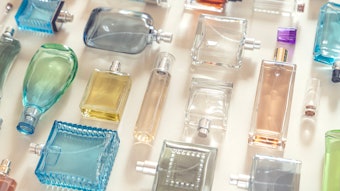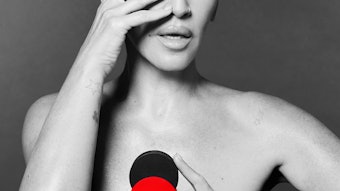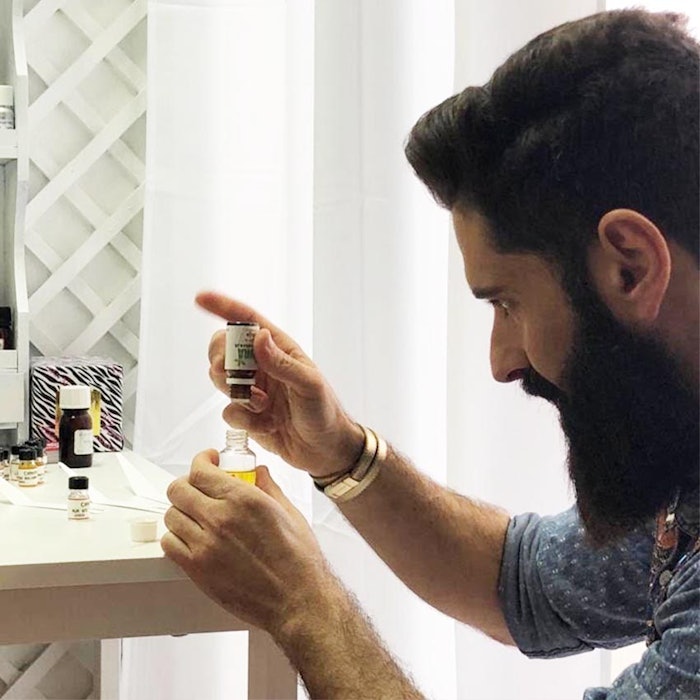
Part of the Fragrantica team since 2013, Miguel Matos has established himself as one of the most respected and prolific writers in the fragrance industry, known for his strikingly evocative and precise descriptions of odor profiles and for applying a range of art theory approaches to perfume reviewing, elucidating acute aspects of what make the best fragrances tick. What separates him from the crowd is his encyclopedic knowledge of contemporary niche, as well as his intimate appreciation for vintage.
In recent years, Matos has turned his attention to curating scent art exhibitions and experimenting with his own self-educated perfume compositions. Sarah Baker Perfumes was the first brand to release one of Miguel’s own formulas last year under the name Jungle Jezebel, a divisive and intelligent composition that borrows cues from high and low scent culture, forcing you to think about contradiction and harmony. Since, he has been commissioned by Turkish brand Nishane and debuted four releases under his own label Miguel Matos Perfumes, working independently out of a small lab and showroom in Almada, Portugal.
This interview discusses his transition from exclusively being a writer to being a writer and perfumer, as well as what role his background in criticism plays in creating perfume.
Eddie Bulliq (EB): You previously said you could never be a perfumer; what changed your mind?
Miguel Matos (MM): When I started making perfumes, I didn't have someone to guide me and advise me. I was not sure I was doing anything interesting, but I still continued to try, because I wanted to know how perfumery worked from the inside. I also wanted to know more about composing, so I could write more accurately about fragrances, knowing the ingredients and how they interact. But I was working alone and with low-quality raw materials that I was buying online, so I was not reaching what I intended to make. In my effort to learn, I read every book I could find on the subject of perfumery, theory, aesthetics, composing, extractions... And I kept trying; until perfumer Christian Carbonnel smelled some of my compositions and saw some talent hidden inside them. He started guiding me and sending me high-quality ingredients. With this precious help, I could evolve and learn much more. At some point, I started to realize I could make perfume, but I didn't have the money nor skills to be a perfumer on my own. When Carbonnel invited me to collaborate with his lab, I had both the moral and technical support that I needed. I used to say I am not an artist, but perfumers like Carbonnel and Ramon Monegal made me believe in myself. I also have to mention Sarah Baker who was the first brand to publish my perfumes. After all this, I changed my mind and maybe I am a perfumer after all.
Related: [video] Two Sense: Carlos Benaïm on Sillage, Education and Creativity
EB: Over your reviewing career, did anything frustrate you about how perfumers were working, the ideas they were working with, and how they attempted to execute them? What did you think was missing?
MM: It's not that something was missing. But I had something to say in the shape of a smell instead of words. Now, after I had a glimpse of the insides of the industry, I get frustrated by many things like the extremely low budgets many brands have for the juice, the lack of creativity from perfumers and brand owners, the fear of daring and the lack of courage to innovate, IFRA restrictions... But then again, I am a reckless guy and I am always looking for provocation and surprise with an artistic approach, and this is not what everyone wants from perfumery.
EB: Do you feel like your knowledge and analytical process as a writer helps you when composing?
MM: Of course. I feel I have the advantage of smelling and knowing a very large number of fragrances, from past and present. And that inspires me and also makes me know when I am making something new or not. Having a large olfactive culture also means that my nose is educated in the history of perfume and that influences my work.
EB: What are your goals when creating? In which situations have you felt you clearly achieved them, and in which have you thought weren’t able to hit the mark?
MM: When I create, my goal is generally not to look for beauty. I look for a disturbing composition. That doesn't mean I look for ugliness; but I like to have imperfections, sharp edges and asymmetries. I like the slight flaw or imbalance that keeps me interested in a perfume. So, I look for intrigue and roughness, which I can still find beautiful. Perfectly round works are boring for me. I think that Jungle Jezebel, for Sarah Baker, and Germaine, in my own line, are examples of this way of thinking.
Related: [video] Two Sense: Talking Fragrance Property with Saskia Wilson-Brown
EB: Your thoughts on self-taught vs schooled – what are the advantages and disadvantages on each side?
MM: I think that being self-taught is not the easiest and fastest way to go. It's very frustrating and lonely, and you will probably miss some important technical knowledge that could push you further and avoid mistakes. On the other hand, this can make you be more creative and not afraid to try things that technically are supposed to fail. Sometimes, I can be working on an accord that a trained perfumer would think could never work and by accident, chance or luck, it actually turns into something great, against all odds.
I think that it depends on your goals. If you want to work in a multinational perfume manufacturer, working for mainstream fragrances, you absolutely need a formal training. If you decide to go the artistic and independent route, try to find someone to guide you, and just follow your gut and try to learn as much as possible along the way. Finally, I think that making a perfume is like any work of art: it can come to you in a minute or it can take years to finish. You need a lot of patience, constant inspiration, curiosity, the highest level of perfume culture you can get and a minimum of technique.


